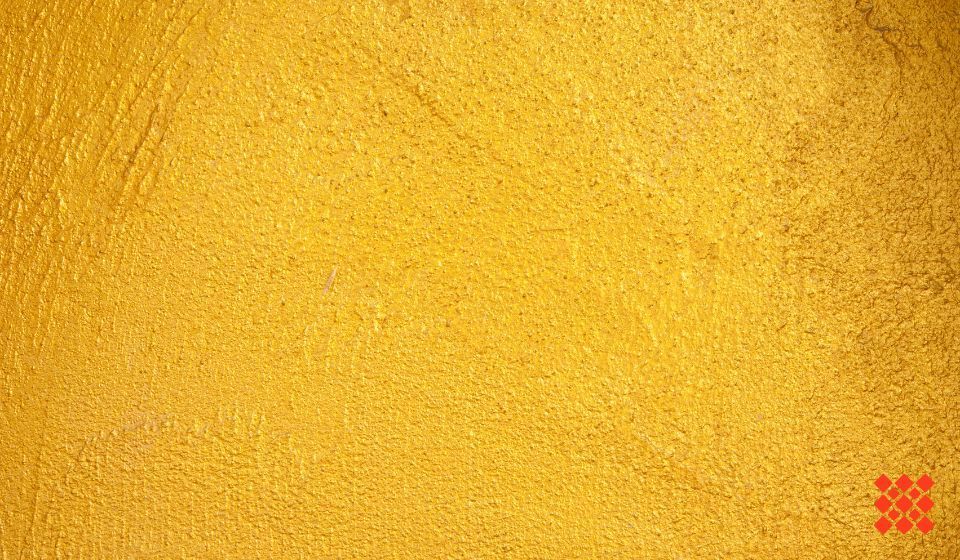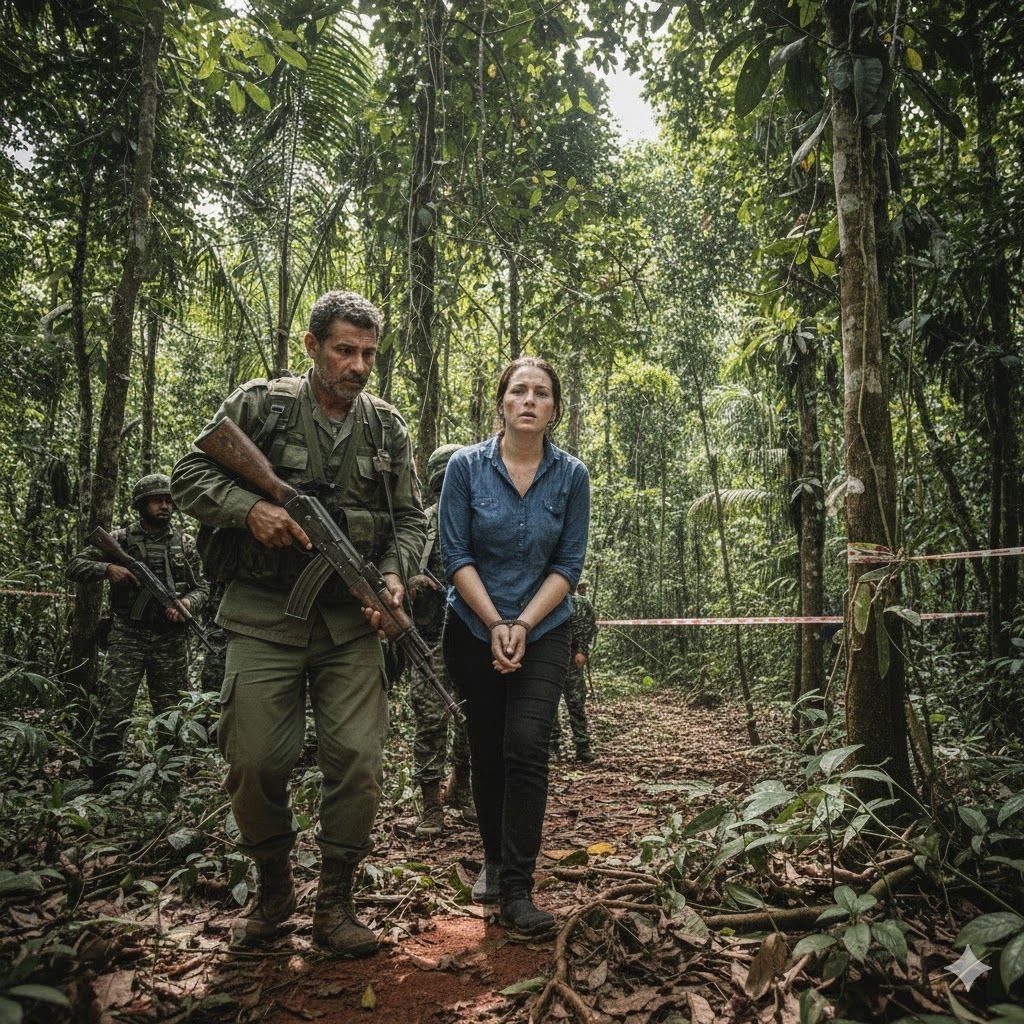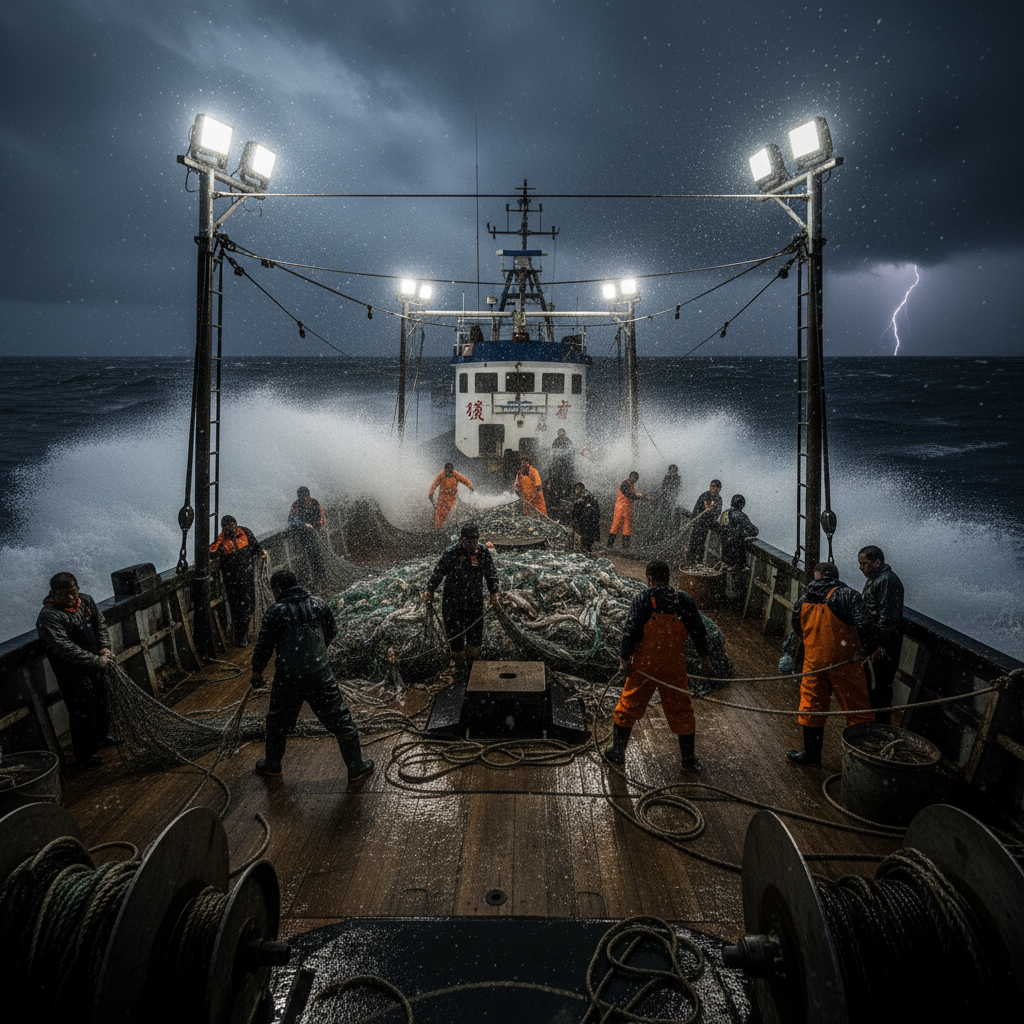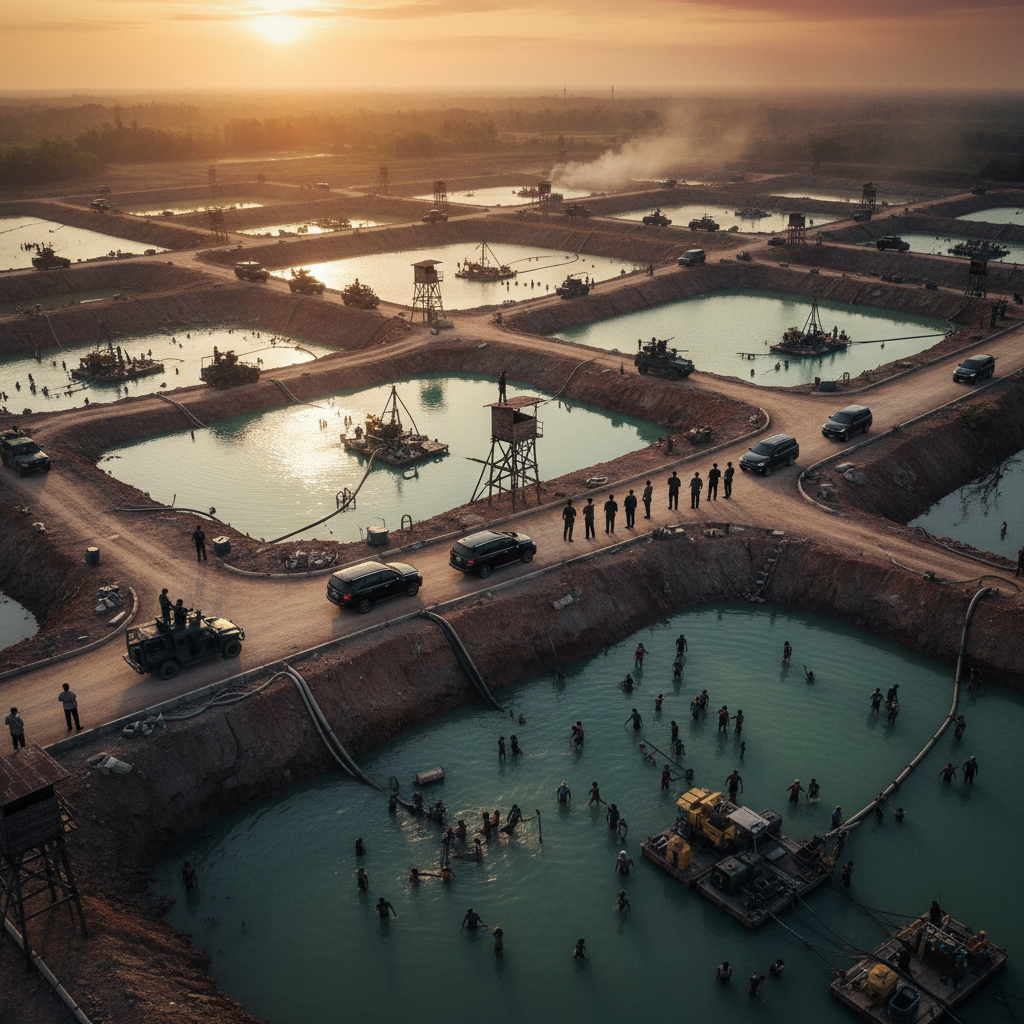Human rights risks in the global gold mining industry
As the world is moving towards more awareness and desire for cleaner, fairer, and more transparent practices, global mining giants have been under increasing scrutiny in all industries – gold is no exception.
The profitability and prominence of the global gold industry has been long based on practices which disregard with ease local community impacts, environmental degradation, and political controversies.
Gold extraction mostly occurs in regions marked by weak governance structures, corruption, and armed conflict, creating fertile ground for exploitation and human rights violations. Gold is tainted directly or indirectly with the actions of bad actors and the reputational risks of being associated with them.

Alleged association with Russian paramilitary
Recently, several gold mining companies active in Mali were targeted because of the association of the Malian junta with Russian paramilitary group, Wagner. It has been estimated that the country’s military junta regime pays approximately USD 10.8 million per month to Wagner Group. Wagner was declared a terrorist organization by the UK in September 2023.
Despite the lack of direct links between Resolute Mining, Barrick Gold, Allied Gold, and the Russian paramilitaries, the three companies were accused of indirectly supporting them.
How? The Malian state not only makes profit from taxing the activities of the three gold mining companies, which corresponds to millions of dollars, but also owns part of their mines.
Two out of the three companies named are linked to human rights abuses.
Three gold mining companies
Resolute Mining Limited, headquartered in Perth, Australia, maintains two subsidiaries in Mali to facilitate its mining activities – namely, SOMISY and SOMIFI. The junta owns 20% and 10% of those mines.
Barrick Gold, a corporation originating in Vancouver, Canada, controls the Loulo-Gounkoto mining complex in collaboration with the Malian junta, which owns 20%. Through taxing this venture, Mali reportedly makes 10% of it’s state income.
The also Canadian company Allied Gold co-owns the Sadiola gold mine with the junta-led Malian government, with ownership shares of 80% and 20%, respectively. While Allied Gold has made similar investments with government involvement in Senegal and Côte d’Ivoire, no other state holds a larger stake in their mines than Mali.
Two of the three companies named have gained notoriety for their links to human rights abuses and fatal crackdowns in Mali and elsewhere. In most cases, local security forces were guilty or complicit in the alleged violations.
Abuses and accusations
In 2015, Resolute Mining was accused of concealing a deadly protest in Mali’s Fourou commune with the complicity of the state. The mining company had reportedly contacted local law enforcement to remove protesters against its employment practices and presence in the area. The intervention resulted in fatal police shootings, but Resolute Mining was not required to report the incident.
Moreover, Barrick Gold was sued in 2015 for complicity in a case of serious human rights abuses against women and girls at its Papua New Guinea Porgera mine, which included rape, assault, and killings committed by private security staff and police officers. While over a hundred women were affected, 11 survivors moved legally against the company, claiming that the compensation initially offered to the abused was not enough to alleviate the damage by the abuse.
Barrick Gold was sued twice in the UK for incidents of excessive force against mine workers between 2008 and 2019 in North Mara, Tanzania. Barrick was sued again in November 2022 in the Superior Court of Justice, Ontario, Canada for alleged complicity in extrajudicial killings committed by the police guarding the mine. Barrick Gold denied responsibility, direction, or control over police officers assigned to the mine.
Barrick has been accused of
significant environmental violations of OECD guidelines in Argentina and was fined USD 11.5 million by Chile's Environmental Superintendent for the irregular construction of the Pascua-Lama mine, which was suspended with a decision from the Environmental Court of Chile in 2013.
Evidencity conducts in-house research on TruthSeeker, researching companies and individuals of global economic interest.



